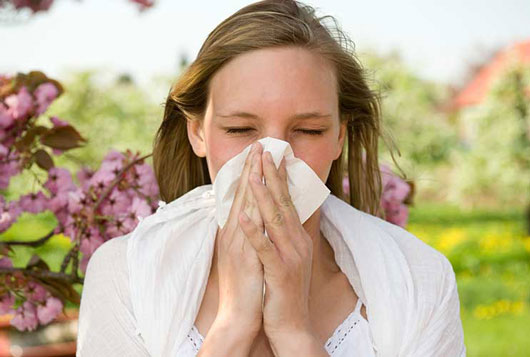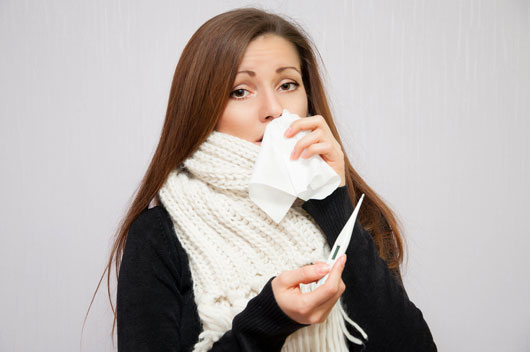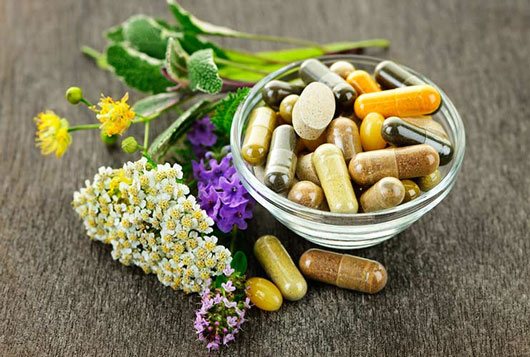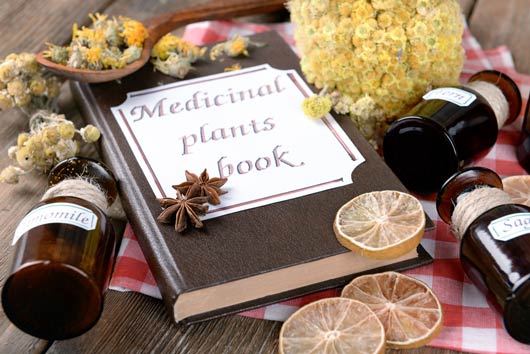
You don’t need the evening news to tell you it’s cold and flu season, the signs are everywhere. Office staff is depleted; schools suffer record absences and over the counter medications are cleared off the shelf. The Center for Disease Control announced that the flu vaccine, usually the best protection against the seasonal disease, is only partially effective at fighting this year’s version: “Laboratory analysis of circulating flu viruses this season indicates that most of the H3N2 viruses are antigenically or genetically different than the H3N.”
Your options are to lock yourself inside the house—not possible; wear a facemask and avoid shaking hands—slightly more possible; or, you can really prepare for the flu in the best way you can. Since few of us can retreat inside all winter being prepared is the best option. Aside from frequent hand washing and avoiding those who are already sick, here are some suggestions on how to stay healthy and getting well sooner when you do.

1. Know the Difference Between Allergies and Colds
Being confined inside can trigger allergies that don’t bother you the rest of the year. Pet allergies may be worse when you and your animal friend spend most of the time indoors. Colds and allergies have similar symptoms, but medically should be treated differently.
Read Related: 7 Medicines You Should Never Give Your Children

2. Watch Kids as They Recover
You know kids can go from well to pretty sick in nothing flat. Children on the mend from colds and flu are what your mother used to call “run down”. Their immune systems are still recovering from the fight with the flu or cold bug. Kids with asthma or underlying medical conditions are particular susceptible to secondary infections like pneumonia. You don’t want them to miss any more school, but sometimes an extra day at home makes the difference between a full recovery and relapse.

3. Build Immunity
When it comes to flu season, keeping yourself healthy should be a big priority. Start by getting enough sleep and keeping to a healthy diet. Get some fresh air and exercise. Increase your vitamin intake and wash your hands whenever you can to avoid exposure to germs. When you do get sick, give yourself time to recover; you’re no good to anyone when you’re down for the count.

4. Take Your Vitamins
Vitamins won’t prevent the flu or a cold but they will help you boost your immune system and support a healthier body. Your vitamin needs change depending on your stage of life. Women hoping to get pregnant need to increase folic acid intake; menopausal women need to increase calcium and vitamin D to support healthy bones into old age.

5. Stay Home and Rest
We all have a tipping point between “I can work today” and calling in sick. It might be running a temperature that keeps you at home or frequent trips to the bathroom. Yes, your work might fall on the shoulders of others but, if you’re sick those co-workers would rather you keep it to yourself and not spread it around the office. For most of us, our work is important but when it comes to really knowing how to stay healthy, nothing as important as real rest.










